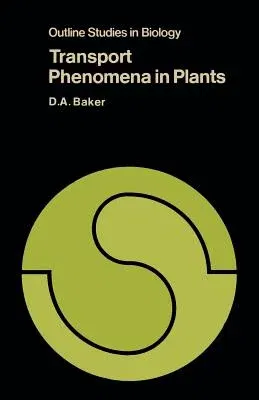D a Baker
(Author)Transport Phenomena in PlantsPaperback, 11 May 1978

Qty
1
Turbo
Ships in 2 - 3 days
In Stock
Free Delivery
Cash on Delivery
15 Days
Free Returns
Secure Checkout
Part of Series
Outline Studies in Biology
Print Length
80 pages
Language
English
Publisher
Springer
Date Published
11 May 1978
ISBN-10
0412153602
ISBN-13
9780412153600
Description
Product Details
Author:
Book Format:
Paperback
Country of Origin:
US
Date Published:
11 May 1978
Dimensions:
21.59 x
13.97 x
0.43 cm
ISBN-10:
0412153602
ISBN-13:
9780412153600
Language:
English
Location:
Dordrecht
Pages:
80
Publisher:
Series:
Weight:
108.86 gm

